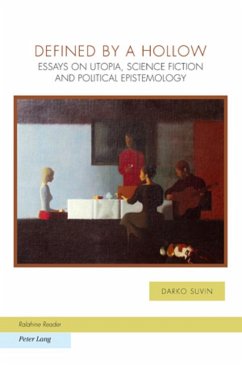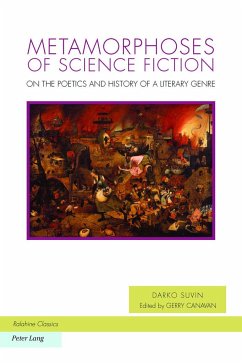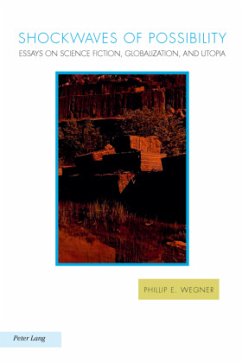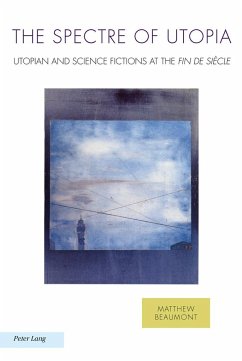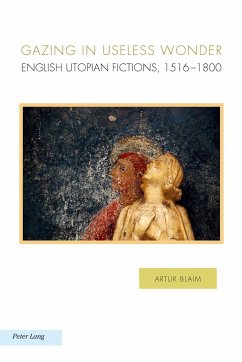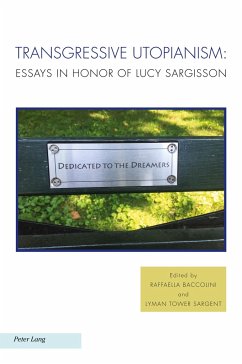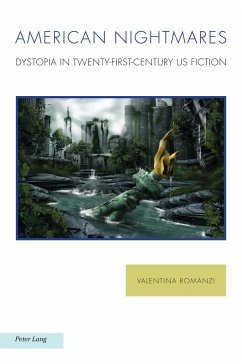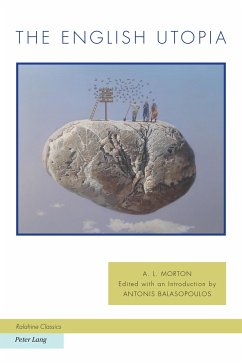
Utopia Method Vision
The Use Value of Social Dreaming
Herausgegeben: Moylan, Tom; Baccolini, Raffaella
Versandkostenfrei!
Versandfertig in 6-10 Tagen
59,10 €
inkl. MwSt.

PAYBACK Punkte
0 °P sammeln!
Informed by feminist, Marxist, ethnographic, and post-structuralist frameworks, Utopia Method Vision makes a unique contribution to international debates in cultural, literary, sociological, and political studies of utopian theory, texts, and practices. The collection addresses the ways in which the contributors approach their study of the objects and practices of utopianism (understood as social anticipations and visions produced through texts and social experiments) and of how, in turn, those objects and practices have shaped their intellectual work in general and their research perspectives...
Informed by feminist, Marxist, ethnographic, and post-structuralist frameworks, Utopia Method Vision makes a unique contribution to international debates in cultural, literary, sociological, and political studies of utopian theory, texts, and practices.
The collection addresses the ways in which the contributors approach their study of the objects and practices of utopianism (understood as social anticipations and visions produced through texts and social experiments) and of how, in turn, those objects and practices have shaped their intellectual work in general and their research perspectives in particular. In so doing, the contributors develop a larger, self-critical look at the limits and potential of the entire paradigm by which utopianism is known, studied, critiqued, created, and received.
The collection addresses the ways in which the contributors approach their study of the objects and practices of utopianism (understood as social anticipations and visions produced through texts and social experiments) and of how, in turn, those objects and practices have shaped their intellectual work in general and their research perspectives in particular. In so doing, the contributors develop a larger, self-critical look at the limits and potential of the entire paradigm by which utopianism is known, studied, critiqued, created, and received.





